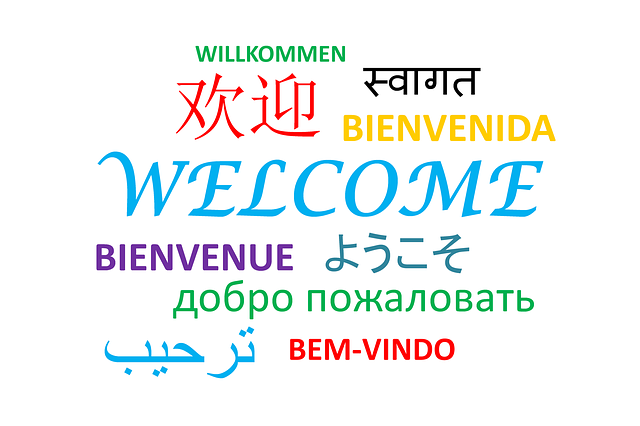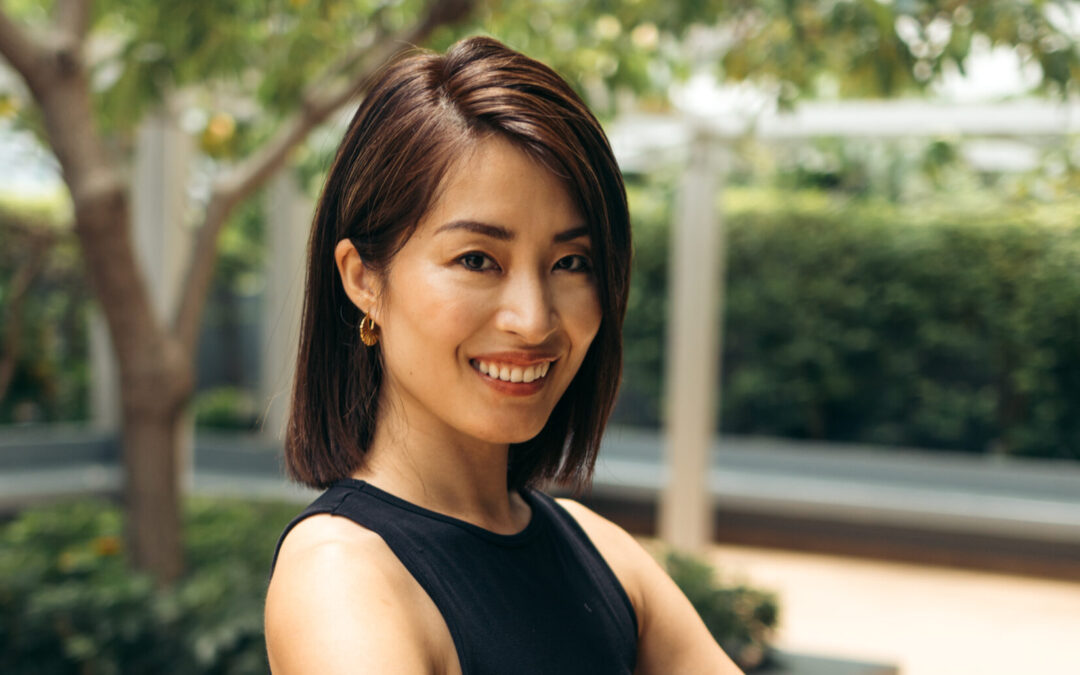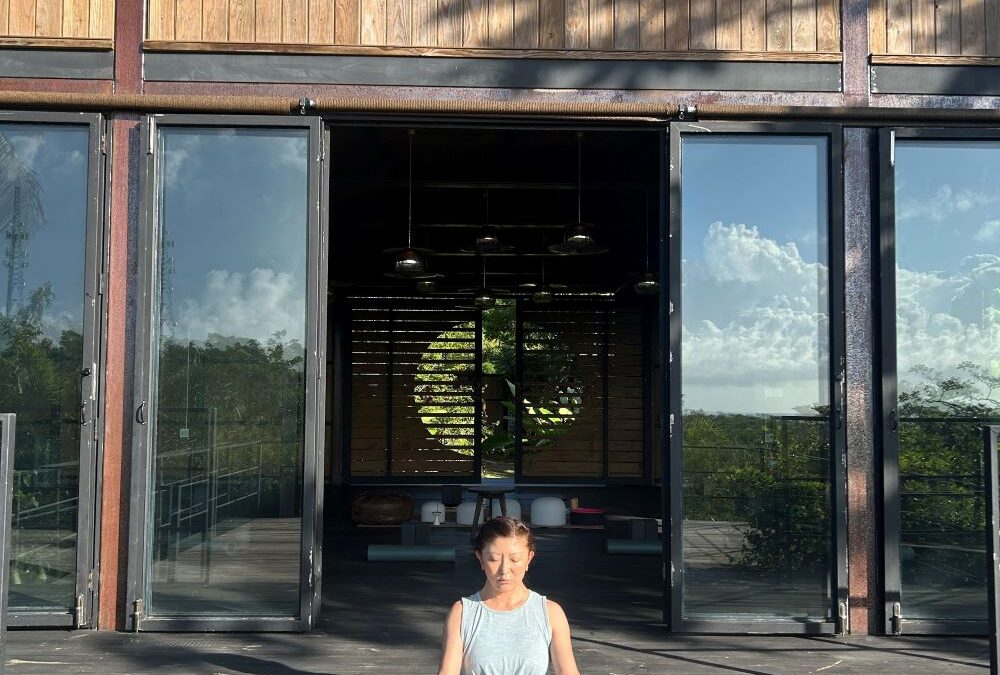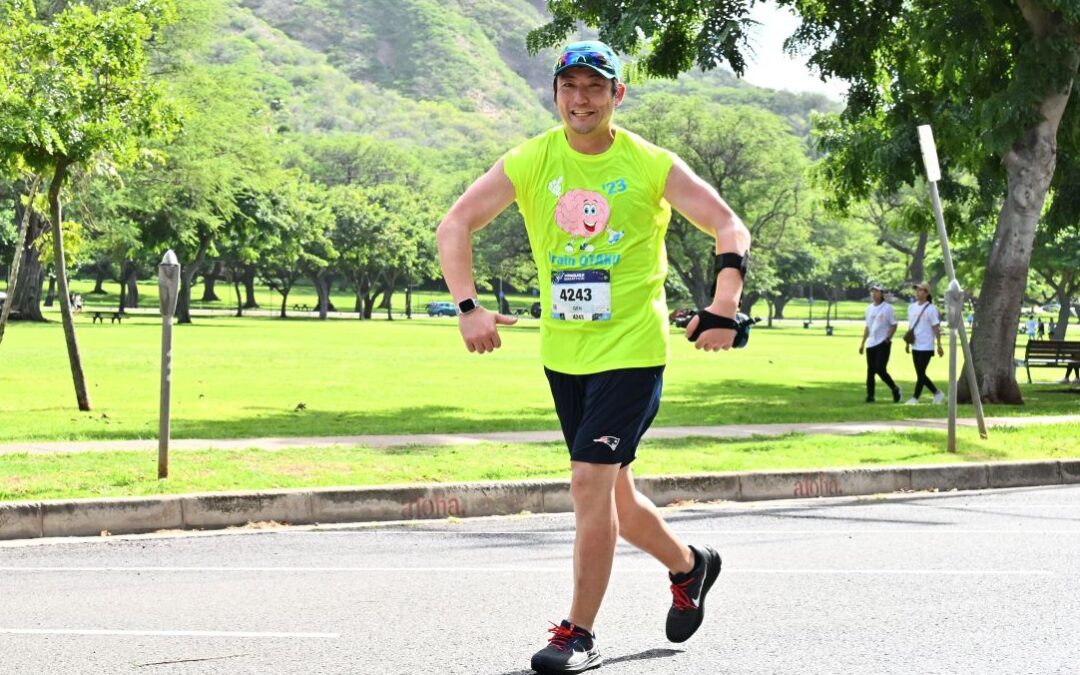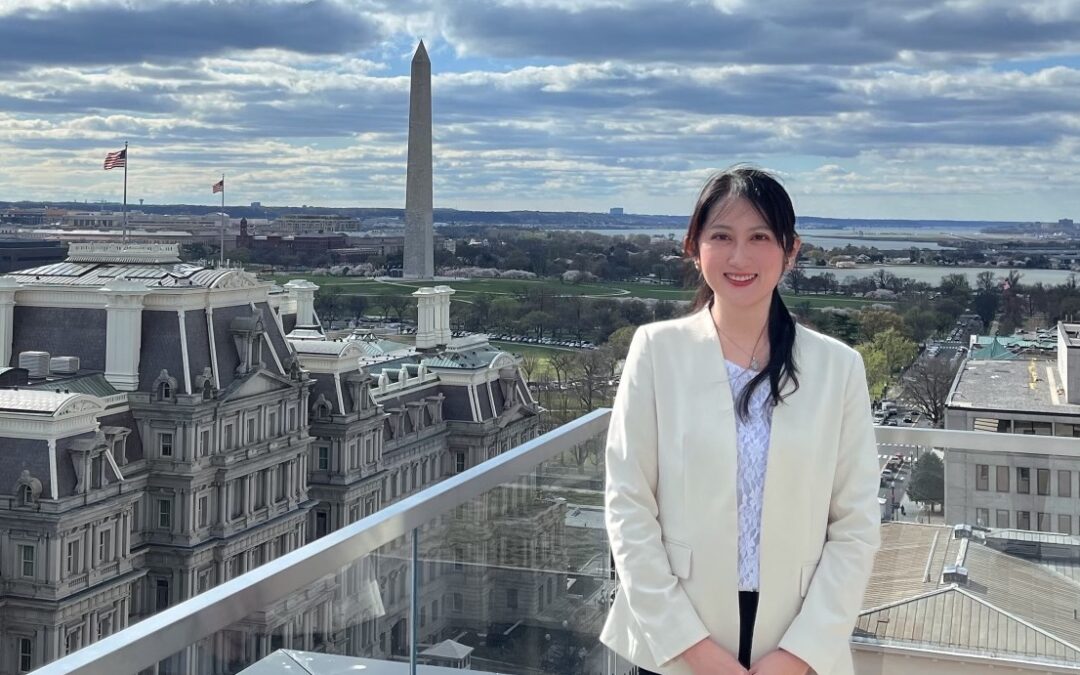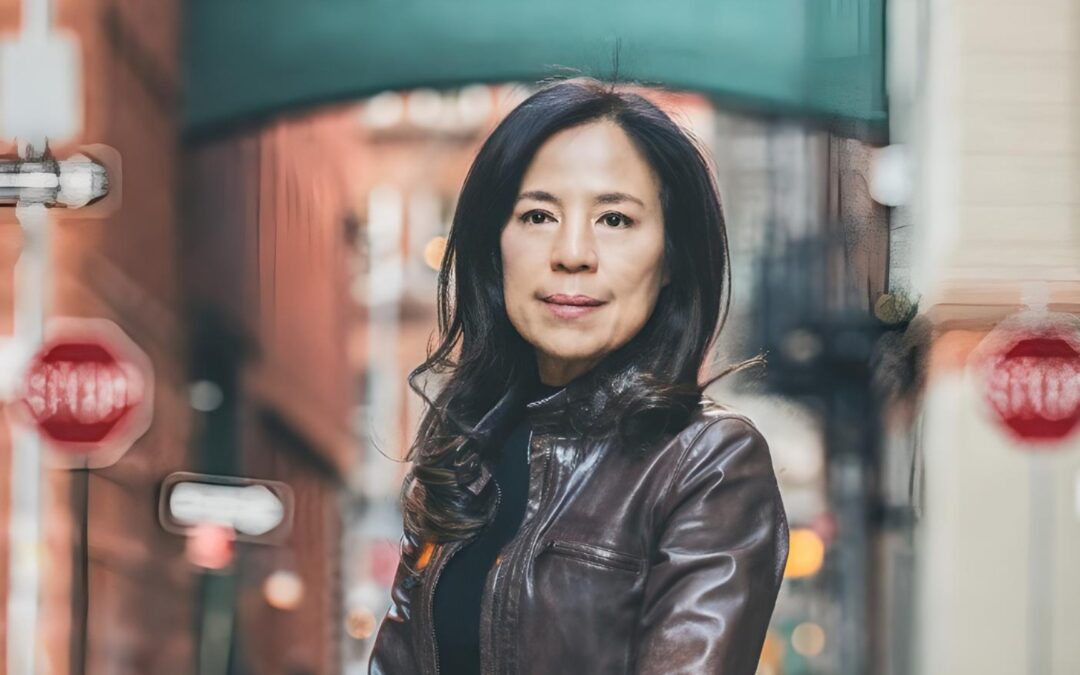This time, we have the opportunity to speak with M.N, a Language Training Assistant at a language school.
1.Please tell us about your journey coming to the United States.
What prompted me to come was the opportunity to study abroad at the University of Portland in Oregon from 2003 to 2007 to learn TESOL, a course on how to teach English to people learning it as their second language. Before coming, I worked as an English teacher at a middle school in Japan for three years. During this period, I witnessed firsthand the emphasis on exam-taking abilities in English education in Japan. However, simultaneously, I began to realize that practical conversational skills and a comprehensive understanding of various cultures are perhaps as crucial as exam-taking skills. Consequently, I reached the conclusion that by living in a foreign country and accumulating experiences, I could offer a better education, encompassing these aspects. Thus, I made the decision to study abroad.
*TESOL…Teaching English to Speakers of Other Languages
2. Could you talk more about your current job?
I am currently working full-time as a Language Training Assistant at a language school. This language school provides instruction not only in languages but also in culture, primarily targeting American diplomats, military personnel, and similar individuals.
Furthermore, the language school offers classes not only in Japanese but also in Korean, Vietnamese, Thai, and other languages. My specific responsibilities include teaching language classes and organizing class arrangements. Since the students are individuals living abroad as representatives of their countries, I design classes and extracurricular activities to provide them with an understanding of not only the language itself but also the specific business etiquette and lifestyle of their respective countries. Additionally, I handle tasks such as arranging syllabi, textbooks, and assisting with events.
Before working as a Language Training Assistant, I worked as a Japanese language teacher at the same language school. During that time, I prioritized conveying both the positive and negative aspects of Japan, expressing my honest opinions as a Japanese person. Through conversations with students, I became aware of aspects of Japan that I hadn't known before and was prompted to think about areas that could be improved. I actively collected information useful for my work, such as reading news articles and books recommended by students who had lived in Japan. Since teaching something you don't know is impossible, I always need to keep learning.
3. Why did you choose the job of Language Training Assistant and Japanese language teacher?
Since junior high school, I have always thought that becoming a teacher is a good choice, and I have consistently wanted to become a teacher in the future. Particularly during high school, I encountered an English teacher who was passionately dedicated to their work. Witnessing his/her enthusiasm and realizing the joy of discovering a new world through studying English, I aspired to become an English teacher. Before coming to Virginia, I worked as a Japanese/English teacher at a cram school in California. This cram school primarily served the children of Japanese expatriates in the United States, aiming to ensure that these children could continue their studies and enter universities in Japan when they returned. When I moved to Virginia due to marriage, I thought about “what I, as a Japanese person, could contribute,” and considering my educational background, I wanted to work in a role related to Japanese education, where I could leverage my skills to promote Japan.
4. What are the fulfilling and challenging aspects of working in a job related to Japanese language education?
One enjoyable aspect is the opportunity to meet various students and teachers. As I mentioned earlier, at the language school where I work, there are teachers who teach languages other than Japanese. Their teaching styles vary, and it's very informative. We collaborate to think about what we can do for the students, creating a positive environment for learning. Especially in my current role as an assistant, I have the chance to see things from both the perspective of a teacher and the side involved in program arrangements. I believe this provides me with valuable experiences. On the challenging side, it can be difficult when there are students waiting for a teacher, but finding the right match takes time. Additionally, dealing with communication when a student has a complaint or concern about a teacher can be a complex and challenging aspect, causing much thought and consideration.
5. Have you faced any challenges in your life in America?
Not particularly. Looking back, when I was studying in Oregon, I did experience some racial discrimination due to being Asian. Also, when I first moved to Virginia and didn't have any Japanese friends, I felt stressed about not having my own community. Having lived in the United States for a long time, there's also the phenomenon of reverse culture shock. Despite being Japanese, there are moments when I question things upon returning to Japan. I sometimes feel differences in values between family and friends, making me wonder, 'Where exactly is my place?'
6. Do you have any goals in the future?
It's not directly related to my job, but I have a strong desire to pursue karate. When I returned to Japan last year, a friend's son was practicing karate, and it inspired me to want to teach my own children. Upon returning to the United States, I decided to enroll my children in a karate class. During one of their classes, I asked the instructor, “May I join too?” and when I tried it, I got into it!
Karate has five dojo kun (道場訓) or training doctrines: “Seek Perfection of Character,” “Be faithful,” “Endeavor,” “Respect Others,” and “Refrain From Violent Behavior.” I feel that martial arts, including karate, offer lessons that apply to life.
Furthermore, through my experience in karate and pursuing what I truly enjoy, I believe I can teach my students about Japanese culture in new ways.
Do you have a message for Japanese women in America who may feel uncertain or restless because they haven't found what they want to do?
If you have something you like, try doing it, try going for it. Feeling uncertain often means there are thoughts lingering in your mind or feelings staying in your heart. In America, you have to take action to pave your own way. It's important to have the initiative to do what you genuinely want to try when you feel like doing it.
★ Interviewer's note
I felt that M.N., who loves Japan and has an interest in education, is approaching her current job with enthusiasm, leveraging their favorite things and areas of interest. In addition, I admired her commitment to conveying both the positive and negative aspects of Japan when she was an English teacher in Japan. While every country has its strengths and weaknesses, I personally believe they are intertwined. Sometimes, negative opinions about Japan are expressed, such as “In some countries, things are like this, but in Japan, it's different.” However, this might be influenced by the hidden aspects of Japan's positive qualities, or it could be rooted in the differences in the country's history and culture. Therefore, I think learning about both aspects of Japan is crucial for gaining a deep understanding of the country itself. Since M.N. has ample experience teaching people from other countries about Japan, I would have liked to delve deeper into the insights and reflections they gained through those experiences.

